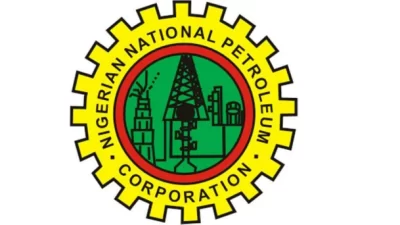Fuel Crisis: NNPC Threatens To Blacklist Depot Owners
The Nigerian National Petroleum Corporation (NNPC) has threatened sanctions against private depot owners found selling fuel above the governmentapproved ex-depot price of N148.17 per litre. Fuel queues resurfaced in the major cities of Lagos,Abujaandpartsof Ogunstate thisweek, forcingmotoriststo spendhoursatfilling stations.
Manyresortedto purchasing the product in the black market for as much as N250 per litre against the approved N165. And the Independent Petroleum Marketers Association of Nigeria (IPMAN) had said an unfavourable business environment had made it impossible for them to continuetosellpetrolfor N165per litre but N180 per litre. However, IPMAN National President Chinedu Okoronkwo told newsmen in a telephone interview in Kano yesterday that the NNPC issued the warning after ameetingwiththeassociation in Abuja on Wednesday.
According to him, the NNPC threatened to stop giving supplies to private depot owners who continue to violate the order. “Henceforth any depot owner who continues to sell the product above the approved ex-depot price will be blacklisted and sanctioned as the government would not fold its arms and allow such unpatriotic depot owners to continue to exploit people,” Okoronkwo quoted the NNPC as saying. He said the NNPC also mandated the Nigerian Midstream and Downstream Petroleum Regulatory Authority (NMDPRA) to enforce the order by ensuring effective monitoring of private depot owners.
The IPMAN chief had accused the NMDPRA, headed by Faruk Ahmed Maishanu of failure to check the excesses of private depot owners, which according to him, was responsible for the indiscriminate increase in the exdepot price. He said since the Federal Government has not increased the fuel pump price, there was no justification for private depot owners to increase the ex-depot price. Okoronkwo commended the NNPC for taking steps to check the excesses of the private depot owners and urged NMDPRA to ensure total compliance with the NNPC directive so as to return normalcy in the supply and distribution of petroleum products.


